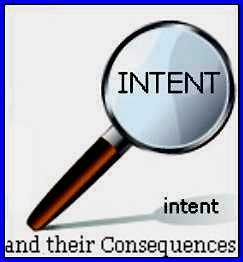Following upon section 58 of WESA, section 59 radically expands the courts powers to rectify a will and allow it to carry out the will maker’s intentions.
It does not matter if the court is sitting as a court of construction or as a court of probate, as its previous power confining into deleting words from the will that the probate stage.
The primary purpose of section 59 is to have the court rectify the will if the court determines that the will fails to carry out the will maker’s intentions because of such things as a clerical error, a misunderstanding on the part of the lawyer who prepared the will or the will maker.
Rectification of will
59 (I) On application for rectification of a will, the court, sitting as a court of construction or as a court of probate, may order that the will be rectified if the court determines that the will fails to carry out the will-maker’s intentions because of
(a) an error arising from an accidental slip or omission,
(b) a misunderstanding of the will-maker’s instructions, or
(c) a failure to carry out the will-maker’s instructions.
(2) Extrinsic evidence, including evidence of the will-maker’s intent, is admissible to prove the existence of a circumstance described in subsection (I).
(3) An application for rectification of a will must be made no later than 180 days from the date the representation grant is issued unless the court grants leave to make an application after that date.
(4) If the court grants leave to make an application for rectification of a will after 180 days from the date the representation grant is issued, a personal representative who distributes any part of the estate to which entitlement is subsequently affected by rectification is not liable if, in reasonable reliance on the will, the distribution is made
(a) after 180 days from the date the representation grant is issued, and
(b) before the notice of the application for rectification is delivered to the personal representative.
(5) Subsection (4) does not affect the right of any person to recover from a beneficiary any part of
the estate distributed in the circumstances described in that subsection.
Also of great significance is the addition of subsection to allowing for the introduction of extrinsic evidence, including evidence of the will maker’s intent, to prove the existence of a circumstance described in section 1.
There is a 180 day limitation for rectification of a will from the date the representation grant is issued unless the court grants leave to make an application after that date





